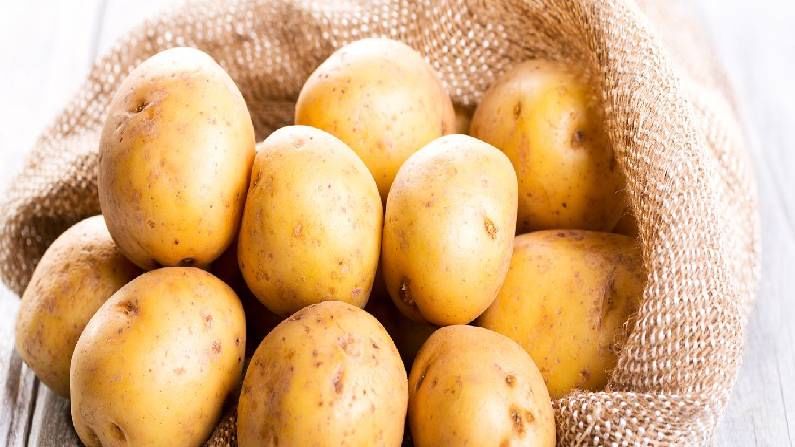New Delhi: Potatoes are a staple in many cuisines around the world, and specifically in Indian cuisine. Not only are they affordable, but they can also be cooked in several – rather delicious – ways. But talk of the health aspect, this starchy vegetable could not only contribute to weight gain, but it may also spike type-2 diabetes risk. Researchers at Harvard University, however, say that potatoes can be healthy too, provided they are cooked right. It is a no-brainer that French fries are one of the unhealthiest ways of incorporating potatoes in the diet. But what is the right way to cook them?
How do potatoes raise diabetes risk?
Type 2 diabetes is one of the most common lifestyle disorders that affects millions around the world. In India, it is becoming increasingly common. This condition is characterised by spiking blood sugar levels and insulin resistance, which, in the long run, can result in several complications ranging from heart diseases to fatal infections that require limb amputation. Potatoes, if consumed in the deep-fried form or when had with simple carbs, can cause a sudden sugar spike. But as per Harvard University researchers, mashed potatoes might be a safe way to eat the vegetable.
Researchers do not associate mashed potatoes with diabetes risk at all. Yet, as per experts, it is all about knowing how to incorporate high-fibre and high-protein grains in the routine to minimise diabetes-related complications. The NHS stresses that weight loss, healthy eating, and regular workouts are some of the best ways to keep blood glucose under control. Research by the University of Cambridge found that basic healthy eating habits, too, are good enough for diabetes management. Specifically relying upon whole grains, fruits, and vegetables can do the trick.
How to dodge type-2 diabetes in the first place?
As per Diabetes UK, some simple diet changes can go a long way in lowering one’s risk of diabetes. These measures include:
- Avoid adding sugar to your coffee, tea
- Dodge fizzy, energy drinks
- Switch to whole grains, those with a lower glycemic index, such as brown rice, quinoa and sourdough bread
- Switch to unsweetened yogurt
- Limit intake of processed meat
- Eat lots of fruits and vegetables
- Cut down on alcohol intake
- Limit salt intake
- Eat healthy fats like nuts and seeds
- Get your nutrients from food, instead of supplements
